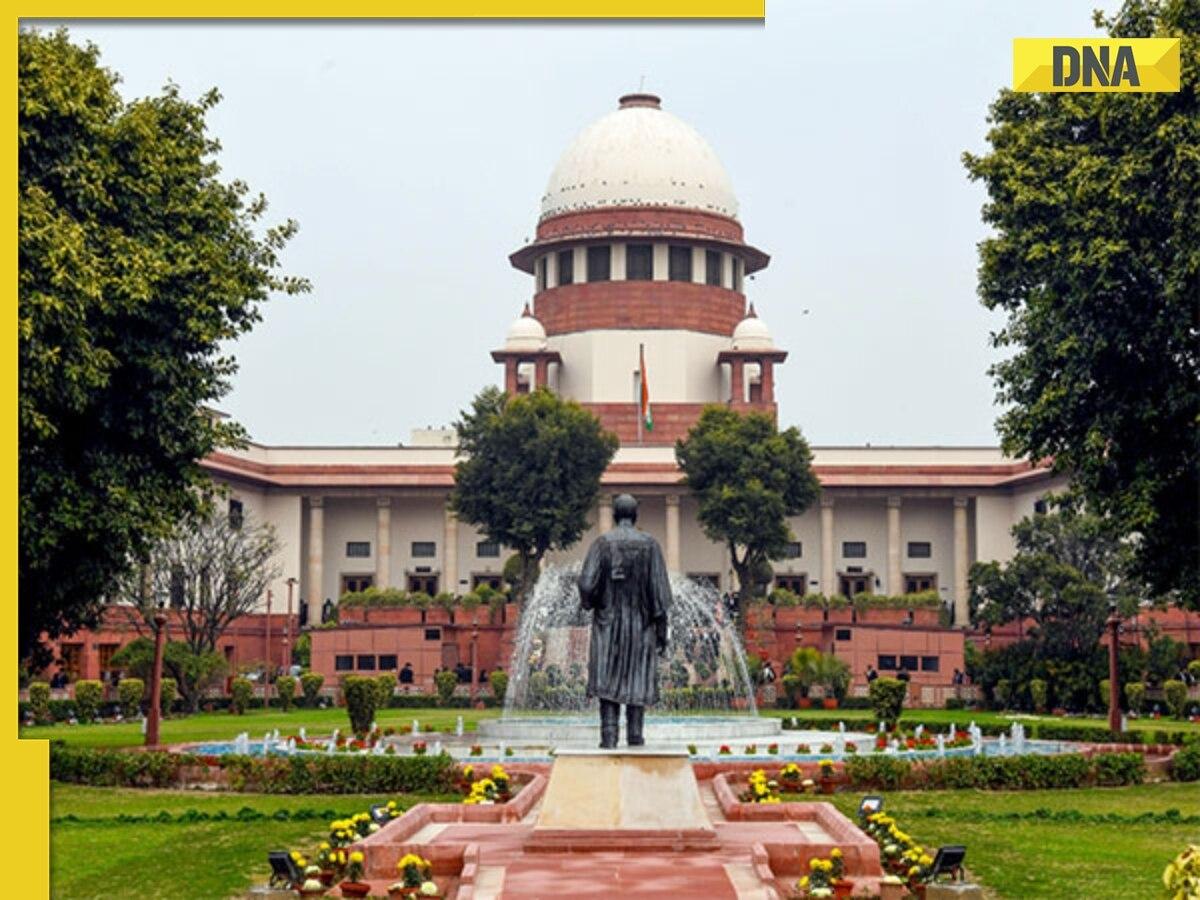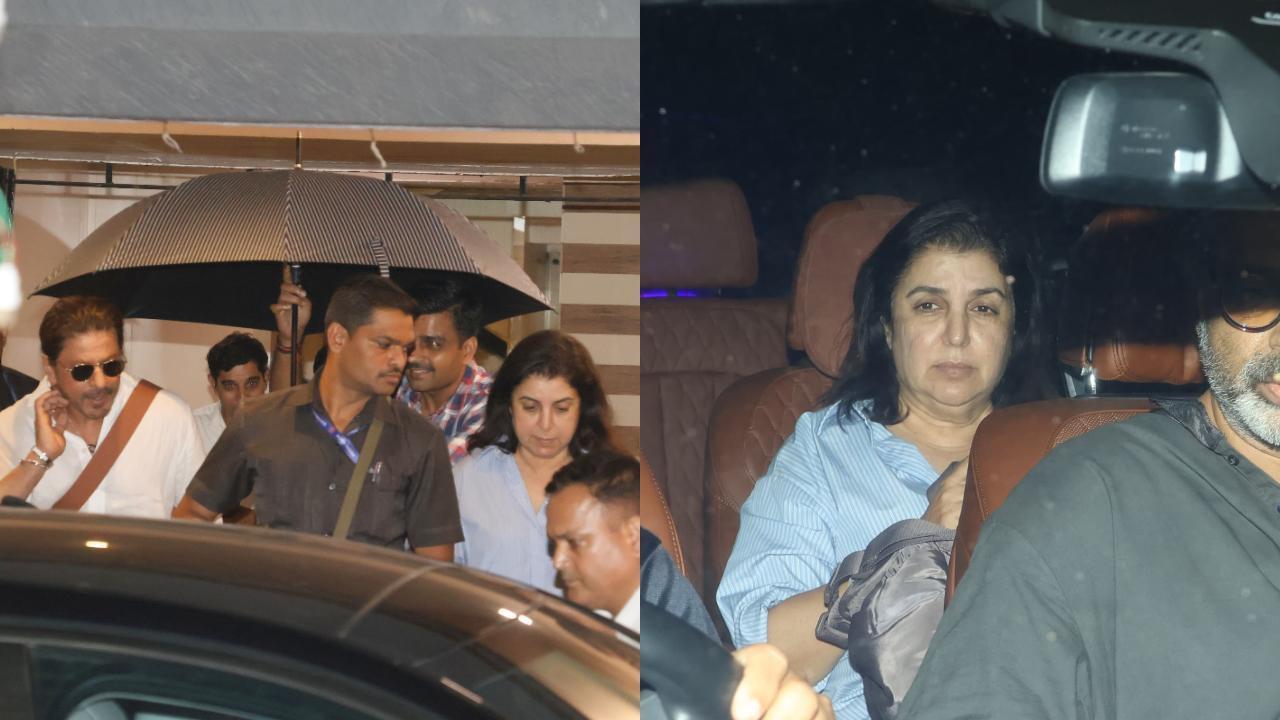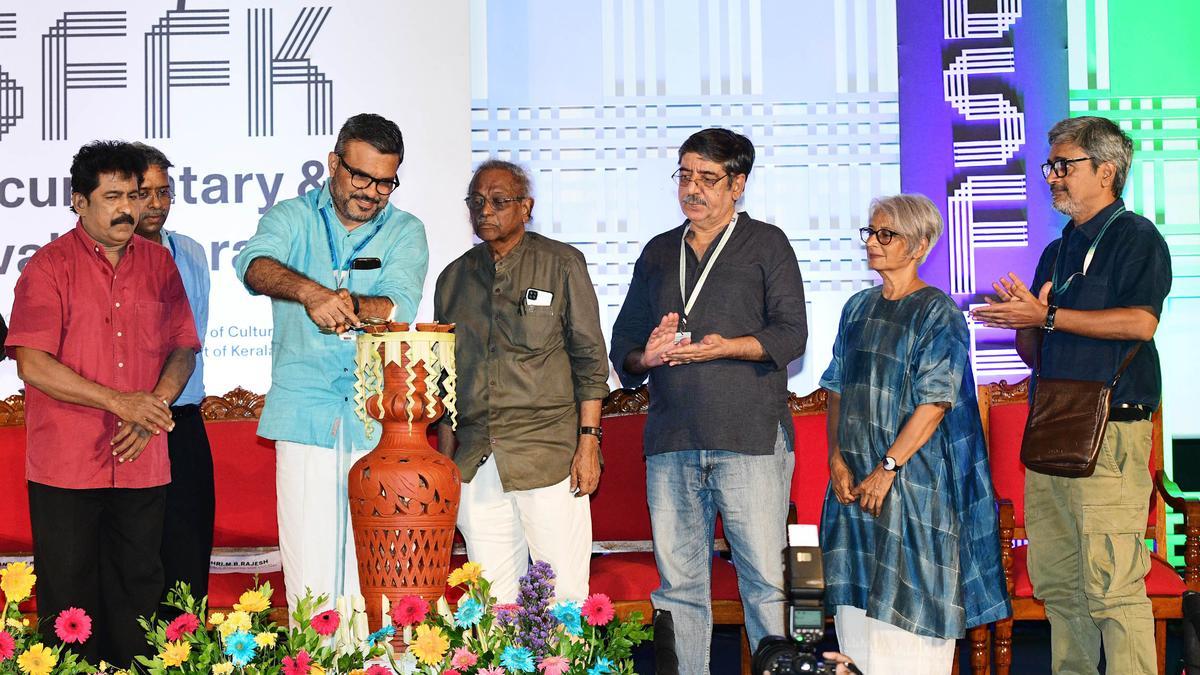
The highest judicial forum in India, the Supreme Court, has brought the Enforcement Directorate (ED) into legal scrutiny, seeking its response over allegations of irregular arrest practices. The claims were brought before the court by an aggrieved businessman, who challenged the ED’s authority to arrest him outside conventional hours.
This issue came to light when a Bench comprising Justices Hrishikesh Roy and Prashant Kumar Mishra deliberated on the plea and subsequently allowed Ram Issrani, the 64-year-old businessman in question, to petition the vacation benches for a bail plea.
An official statement following the hearing declared, “Issue notice, returnable in three weeks. Dasti notice on the Standing Counsel through the Central Agency Section, in addition,” as published by legal news outlet Bar and Bench.
The core of the businessman’s contention lies in his experiences last August. Ram Issrani argued that not only was he summoned to the ED office at hours which could be deemed unconventional for legal proceedings, but he was also subjected to a prolonged and exhausting examination. His testimony was documented between the late hours of 10:30 PM and the early hours of 3:00 AM. According to his account, this interrogation process resulted in him being deprived of rest for an extended period of roughly 20 hours. Issrani further alleged that, contrary to the rules of due process, it was recorded that he was arrested at 5:30 AM on August 8th.
At the heart of Issrani’s legal representation before the Supreme Court, there surfaced a poignant accusation that upon his arrest, he was not promptly presented before a magistrate, a required procedure that serves as a safeguard against unlawful detention.
Senior Advocate Kapil Sibal, along with a team of distinguished lawyers, was at the forefront, advocating for the businessman’s legal rights. The narrative painted by Issrani’s legal team starkly contrasts with the expected standards of arrest and detention laid out within the Indian criminal justice system. This includes adherence to reasonable hours for arrest and prompt production before the judicial magistrate.
This occurrence sheds light on the broader discourse regarding the powers vested in agencies like the ED, the methodologies employed in executing their duties, and the rights of individuals who find themselves in the radar of such establishments.
In addition to seeking a response from the ED, the Supreme Court’s intervention may also signify the judiciary’s ongoing commitment to examine and potentially recalibrate the balance between the agency’s authority to investigate and the civil liberties of individuals, particularly in relation to personal liberty and due process.
This case comes at a time when the actions of enforcement agencies are under public and judicial scrutiny for their arrest procedures and prosecutorial tactics. The ED, which specializes in investigating economic crimes and enforcing economic laws, is no stranger to criticism and has been accused in the past of overreach and infringing on rights during its operations.
The repercussions of this summons by the Supreme Court will be closely watched by legal experts and laymen alike, as it could set a precedent for future cases concerning arrest practices and the safeguarding of constitutional rights in India. The response from the ED will be eagerly awaited, as it will offer insight into the agency’s stance on procedural rights and its adherence to legal norms when carrying out arrests.
As the wheels of justice continue to turn, the case of Ram Issrani vs. the Enforcement Directorate promises to be a landmark in Indian jurisprudence, potentially redefining the contours of law enforcement authority and individual rights in cases of arrest and detention. The trial’s outcome is not merely a resolution to a single businessman’s complaint but may emerge as a touchstone for the country’s legal framework governing individual liberty and state power.










